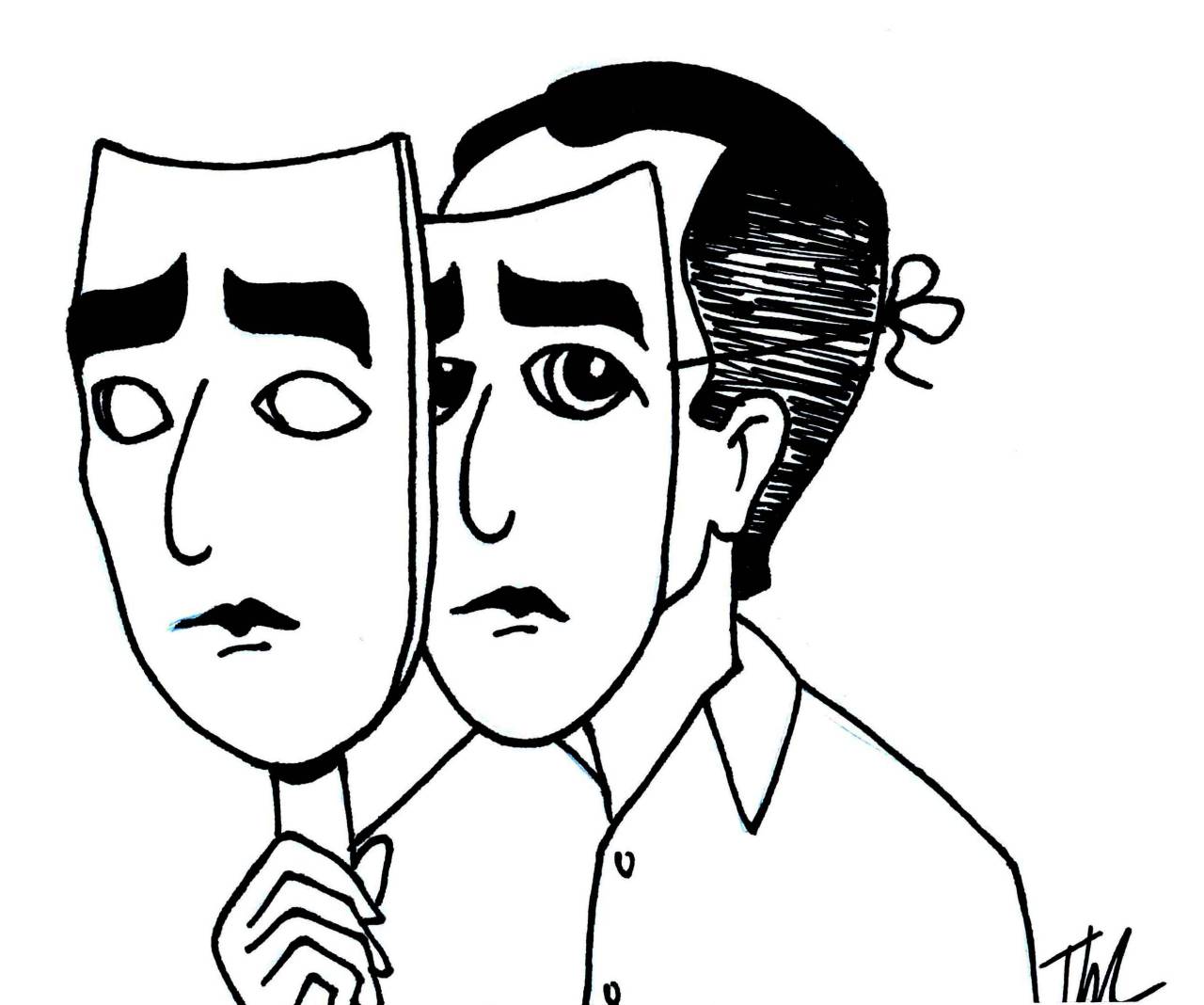Census Finds Many Claiming New Identity: IndianPosted in Articles, Census/Demographics, Media Archive, Native Americans/First Nation, United States on 2016-01-22 23:57Z by Steven |
Census Finds Many Claiming New Identity: Indian
The New York Times
1991-03-05
Dirk Johnson
For the first 43 years of her life, Barbara Anderson did not talk about her ethnic background. But now it is a matter of pride — and record. On the latest census form, Mrs. Anderson, now 48, checked a different box: American Indian.
“I no longer had to pretend,” she said.
Census officials are finding a sharp increase in the number of people who identify themselves as American Indians. Tribes are swamped with applications for enrollment. And a large wave of urban Indians now takes part in traditional Indian practices, like the “vision quest,” a time of spiritual reflection spent alone in the wilderness.
As American society becomes more accepting and admiring of the Indian heritage, and as governments set aside contracts and benefits for tribe members, an increasing number of Indians, like Mrs. Anderson, feel freer to assert their identities.
“There were many people who were ashamed of their Indian past, so they hid it,” said Russell Thornton, a member of the Cherokee Nation of Oklahoma and a sociologist at the University of California at Berkeley. “But a lot of people who went the assimilationist route have come back. And the tribes have been enjoying a renaissance.”
Since 1960, the Government count of American Indians has tripled, to an estimated 1.8 million. The Census Bureau has so far released ethnic data from 38 states and the District of Columbia showing a 38 percent increase in the last 10 years. Some of the biggest increases came in states without large Indian populations: Alabama rose 118 percent, New Jersey 78 percent. In Wyoming, which had an overall population loss of more than 3 percent, the number of Indians grew by more than 33 percent…
…Many of the Indians who now strongly assert their identities are the children or grandchildren of Indians who “passed” as white. Others were adopted into white families, and later sought to reclaim their heritage. John Homer, for example, was born 44 years ago to Indian parents in Hugo, Okla., but was adopted by a white couple. As a child growing up in Arkansas, he knew that he was Indian and was bothered that he could walk comfortably in whites-only neighborhoods because of his adopted parents but that other Indian boys could not…
Read the entire article here.
